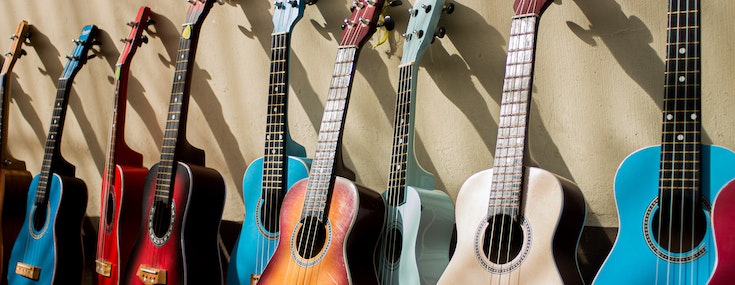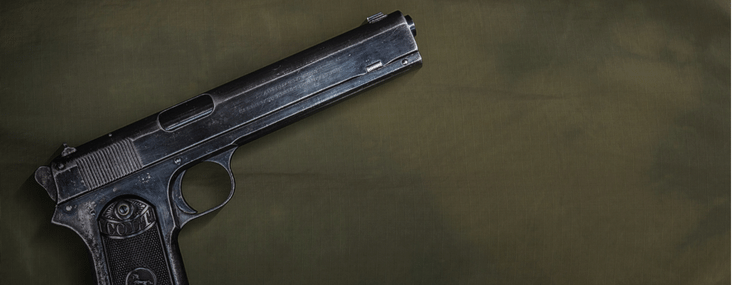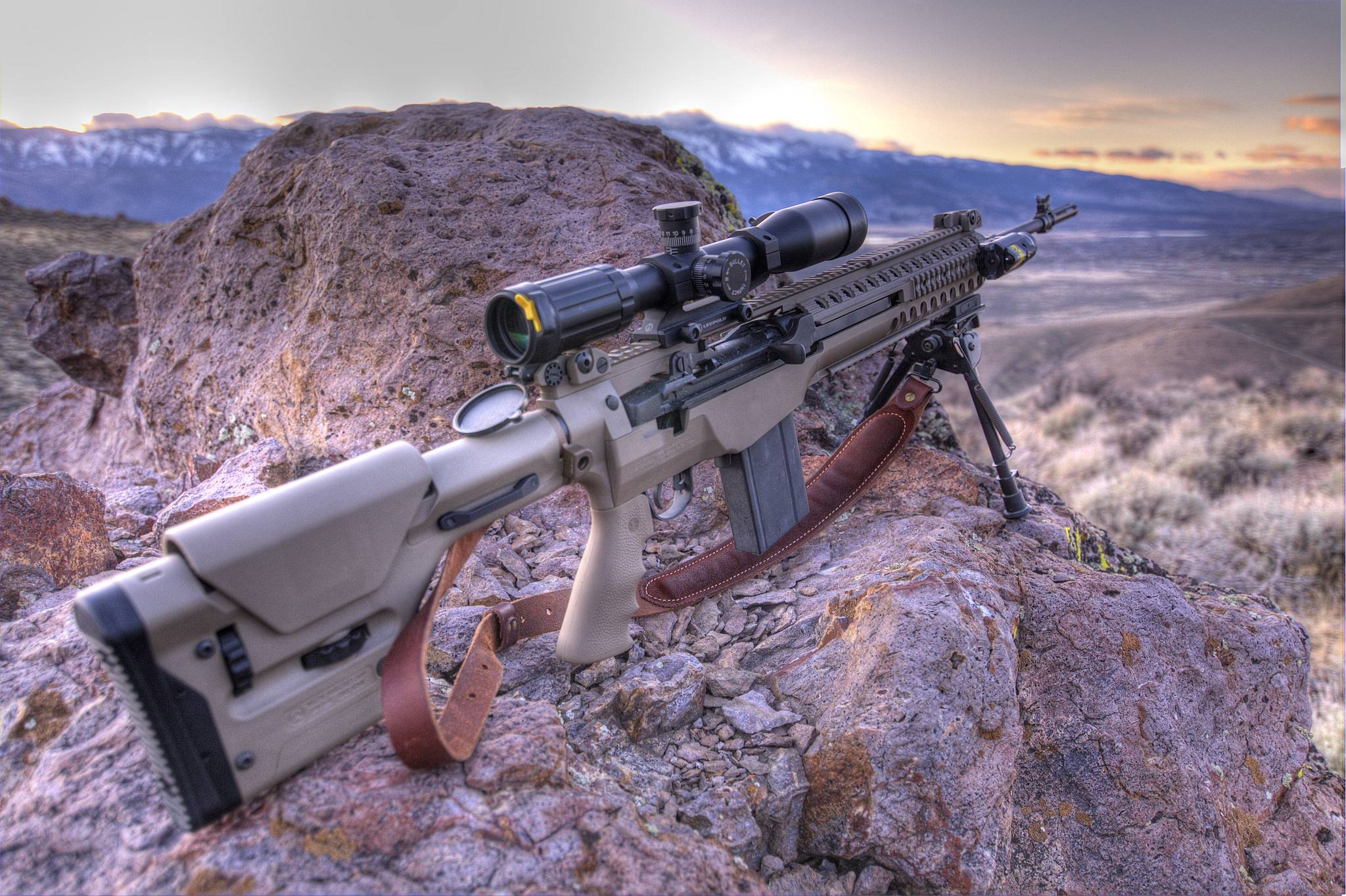If you’re interested in pawning your firearm for a profit or just to make some easy money, there are a couple of things you need to be aware of before doing so.
Getting your firearm ready
When it comes to pawning or selling your firearm, there are many steps that you need to undertake so that you can prepare it before taking it to your local pawn shop. When you follow these steps, they will increase your gun’s safety as well as ensure that you get a much higher price for it.
The very first thing you need to do is look at your particular state’s laws and federal laws around guns, gun licenses, the entire background check process, and gun possession, so you are aware of what it takes to be a responsible gun owner. These types of laws are different according to the state that you’re in and you need to be aware of your state’s gun laws. Also, if the firearm that you have is higher-ed, then you will need to get a state-issued license and a background check so you can sell it. Also, if your gun isn’t registered, then chances are that your pawn shop won’t be able to legally sell it. So, you need to know if your gun was stolen or not. If it has been stolen, then the chances are high that the pawn shop won’t buy it from you. It’s just a good idea to avoid selling stolen items that way you can avoid running into trouble with both the pawn shop and local law enforcement.
Clean your firearm
Next, you should thoroughly clean the gun before taking it to the pawn shop. It is also a good idea to purchase a case for the firearm so that it is well protected. The gun should also be disassembled to get rid of rust, dirt and to identify any broken or worn-out parts. Ammunition should also be taken out from the gun and appropriately stored. In the event that you have a shotgun or rifle, you should also take out the stock. The barrel should be positioned in a safe manner, especially if the barrel is shortened.
Taking it to the pawn shop
When you take your gun to the pawn shop, they will need you to provide your gun license, a driver’s license, a valid pistol permit, or any state-issued photo ID. If there is a serial number associated with the firearm, you will also need to give them this number. They will use it to check whether the gun is stolen or not. They will also check for any reports on the gun. Additionally, pawn shops will only want to buy guns that are in good condition and are working. So, if you don’t know the full history of your firearm, make sure that you provide all of the records that you do have before you try to sell firearms to your local pawn shop.
This means that you will have to get all the paperwork that you have on the firearm and provide it to your pawn shop dealer. This would include its registration. If you don’t know how valuable your firearm is, be sure to do research online to figure out a ballpark number. You should know the model and caliber of the firearm. Fortunately, your pawn shop dealer will be able to help you determine this if you don’t know. You can even get more money for your firearm if you also have various accessories for it.
After the sale
After you take your firearm to your local pawn shop and hand it over to one of the employees, they will ensure it isn’t loaded, attach a safety zip strap and then safely store it. They will also make copies of any documents and information that you provide and use them as necessary.
These documents are essential to ensure that you are the actual owner of the firearm. Pawn shops should not accept firearms from people who don’t own the firearm. Be sure to also get a written agreement from the owner of the shop which has all the details of your transaction including the date and due date. This should also include return information if you don’t repay your loan.
Pawn sale and pawn loans
There are multiple ways to pawn or sell guns. However, what sets these two things apart is the amount of cash that you may be able to get. Other factors that impact the value of an item are its actual worth and how quickly you can get it sold. Additionally, you need to keep in mind your personal situation. These factors will help you to determine whether you should pawn or sell your belongings.
Another way to get the most money out of an item is to simply sell it. This will help you to avoid having to deal with the fees of a pawn shop as well as potential penalties. It is a great way to clear your home and de-clutter it. When you sell in this manner, the chances are high that you’ll get more money for your item than you would get if you take it to a pawn shop. This is certainly an important factor to remember if you’re dealing with a higher-value item.
Next, you can also get money from your belongings by using them as pawn loan collateral. Collateral at a pawn shop is very flexible and they will take a wide range of items such as jewelry, high-end bags or handbags, computers etc. They may even lend differing amounts of money for the same type of item or even the same item. You can pawn the same item many times in the event that you are unable to repay your loan promptly. However, you may get less cash than you may have hoped for.
When it comes to getting a quick loan, getting a pawn loan is an excellent option. It is possible to get this loan quite easily and you won’t have to undergo any credit checks. Unfortunately, pawn loans typically have high-interest rates. So, you need to be honest about your ability to repay your loan and how much you can repay every month. Additionally, pawn shops will charge extra fees in order to increase the maturity date of your loan. If you want to prevent having to pay late fees, you will need to pay off your loan on time. These loans are quite good whenever emergencies come up.
Conclusion on pawning a gun to local pawn shops
The great thing about pawn shops is that they make it easy to get fast cash. You can also easily sell your valuable items at these shops. However, when it comes to pawn loans, you’d likely be quite surprised at the high-interest rates. In most cases, these rates are between 5 – 25% and it does depend on the item and its value. Do note that you can also pawn a house or even a vehicle as collateral. With that said, you need to finish paying your loan within the specified time frame so that you don’t lose the collateral.
If you have poor credit, then pawn loans are a good option. The pawn shops don’t report issues such as bad payments, late payments, or even failure to make payments to the credit bureaus. This will ensure that your credit score isn’t negatively affected.



